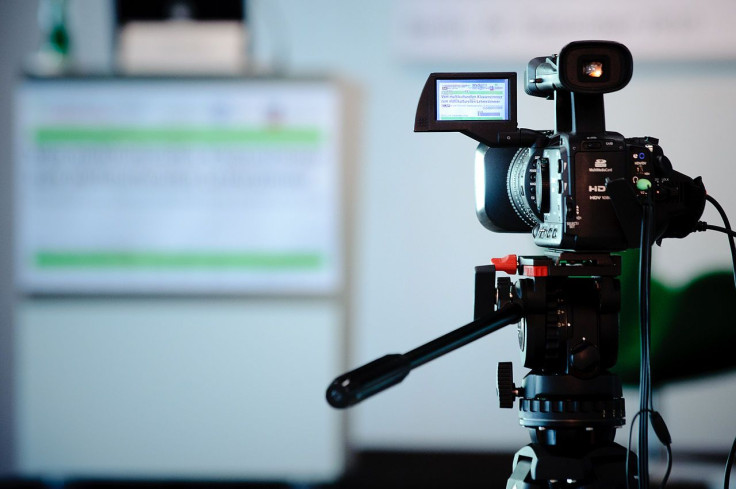FBI To Start Video Recording Suspect Interrogations As DOJ Changes Interview Policy [PHOTO]

In an about-face, the Justice Department is now presuming that certain law enforcement agencies under its control, including the FBI and DEA, will audio and video record interrogations of suspects in custody.
The Justice Department didn’t make a public announcement about the change in policy, which goes into effect July 11, but a memo earlier this month detailing the policy was obtained Thursday by the Arizona Republic and NPR.
“The policy establishes the presumption that the Federal Bureau of Investigations (FBI), the Drug Enforcement Administration (DEA), the Bureau of Alcohol, Tobacco, Firearms, and Explosives (ATF), and the United States Marshals Service (USMS) will electronically record statements made by individuals in their custody ….,” the memo stated. “This policy also encourages agents and prosecutors to consider electronic recording in investigative or other circumstances where the presumption does not apply,” including questioning of witnesses. “The policy encourages agents and prosecutors to consult with each other in such circumstances.”
The policy is a departure from 2006, when a formal policy from the FBI prohibited any recordings unless a senior supervisor authorized it, NPR noted. That policy said “the presence of recording equipment may interfere with and undermine the successful rapport building interviewing technique which the FBI practices.”
The new directive streamlines recording policy among the law enforcement agencies mentioned in the memo.
Paul Charlton, Arizona’s former U.S. attorney who was fired by President George W. Bush because he challenged the Justice Department’s prior policy, called the about-face “a great day.”
"Really extraordinary. It's a step in the right direction for law enforcement,” he told the Republic.
Former Arizona U.S. Attorney Mel McDonald, who is now a criminal defense lawyer, also welcomed the change, calling the prior policy “insane.” He said FBI interrogations usually involve one agent doing the interview and another one taking down notes. If defendants challenge the FBI statements, they can be charged with lying to federal authorities.
"I've had more clients who told me, 'That's not what I said,' " McDonald told the Republic. "But you've got two agents supporting each other. It's your word against theirs. Who are they (jurors) going to believe?"
Other defense attorneys applauded the move.
"As we have seen from data regarding wrongful convictions, coercive police techniques and compromised mental states can conspire to produce false confessions," Jerry J. Cox, president of the National Association of Criminal Defense Lawyers, told NPR. "Recording interrogations protects the accused against police misconduct, protects law enforcement against false allegations, and protects public safety by ensuring a verbatim record of the interrogation process and any statements."
A number of state and local law enforcement agencies video or audio record interviews. The debate on whether federal authorities should also institute the practice began when President Obama first took office in 2008.
© Copyright IBTimes 2025. All rights reserved.






















